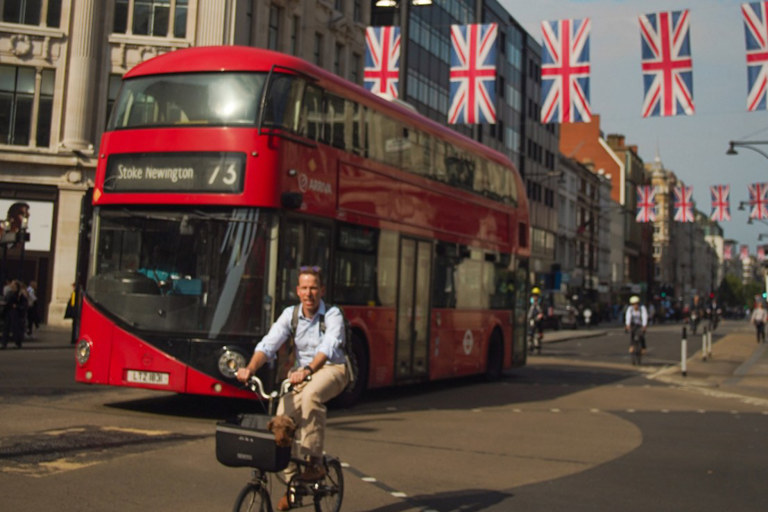
Business rates to hammer the West End: ‘This whole policy is nuts’
How did your country report this? Share your view in the comments.
Diverging Reports Breakdown
MSN
Business rates for more expensive properties set to rise. Policy aims to bring down business rates for small properties by raising them for large properties. Colliers says it is likely to ‘damage rather than save the high street’ High Streets UK has labelled the bill a “disaster for jobs, investment [and] growth”. It places “too great a burden” on the UK’s flagship high streets, it says. The Non-Domestic Rates Bill will lower the business rates multiplier for smaller retail, hospitality and leisure properties. It will create a higher multiplier for properties with a rateable value above £500,000.
The policy, which aims to bring down business rates for small properties by raising them for large properties, has been slammed as “unlikely to save the high street” and likely to “misfire” by investment firm Colliers.
“What we had hoped to see from Labour’s business rates policy was a lower [tax] across the board… Instead, we will have a system that is even more complicated and looks likely to damage rather than save the high street, stifling investment and growth,” head of business rates at Colliers, John Webber, said.
The Non-Domestic Rates Bill will lower the business rates multiplier for smaller retail, hospitality and leisure properties by creating a higher multiplier for properties with a rateable value above £500,000.
A property’s rateable value is an assessment of the annual rent the property would rent for if it were available to let on the open market.
Business rates are then calculated by multiplying the rateable value of a property by the multiplier set by central government.
The separation into two multipliers is designed to make anchor stores – larger locations that attract the most foot traffic to high streets – more expensive to operate.
While retailers have been crying out for business rates reform for years, the response to the Non-Domestic Rates Bill has been largely negative.
High Streets UK has labelled the bill a “disaster for jobs, investment [and] growth” as it places “too great a burden” on the UK’s flagship high streets.
Business rates to cost West End an extra £63m
London’s West End boasts 335 locations with a rental value exceeding £500,000, making it the UK’s most valuable retail site.
The area as a whole has a total rental value of £495m, nearly 28 times the value of central Birmingham, which has 25 sites over £500,000 and a total rental value of £17.5m.
Colliers has estimated that rateable values in the West End could increase by about 30 per cent following next year’s re-evaluation of rents.
If the multiplier increases to 55p, the annual amount owed on these properties will jump from £212m to £274m a year – an increase of £182,727 per property.
“Occupiers of multiple properties in the area will need to brace themselves… No wonder so many retailers and hospitality businesses have been raising their voices in alarm,” Colliers said.
“This whole new policy is nuts,” Webber said. “Why does the government think it is sensible to hit the bigger retail, hospitality and leisure players… by an even more punitive business rates taxes?”
“Businesses are therefore preparing for the worst and it would not be surprising if property expansion plans or hiring plans are put on hold.”
